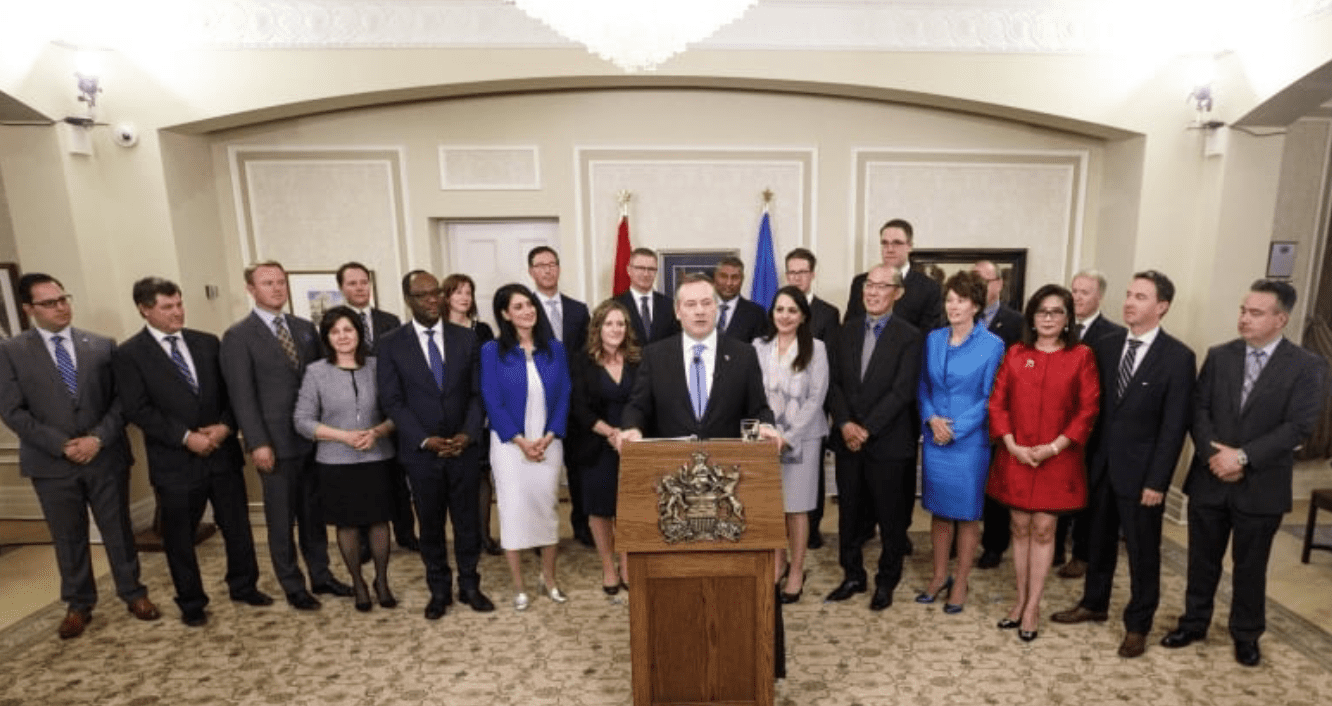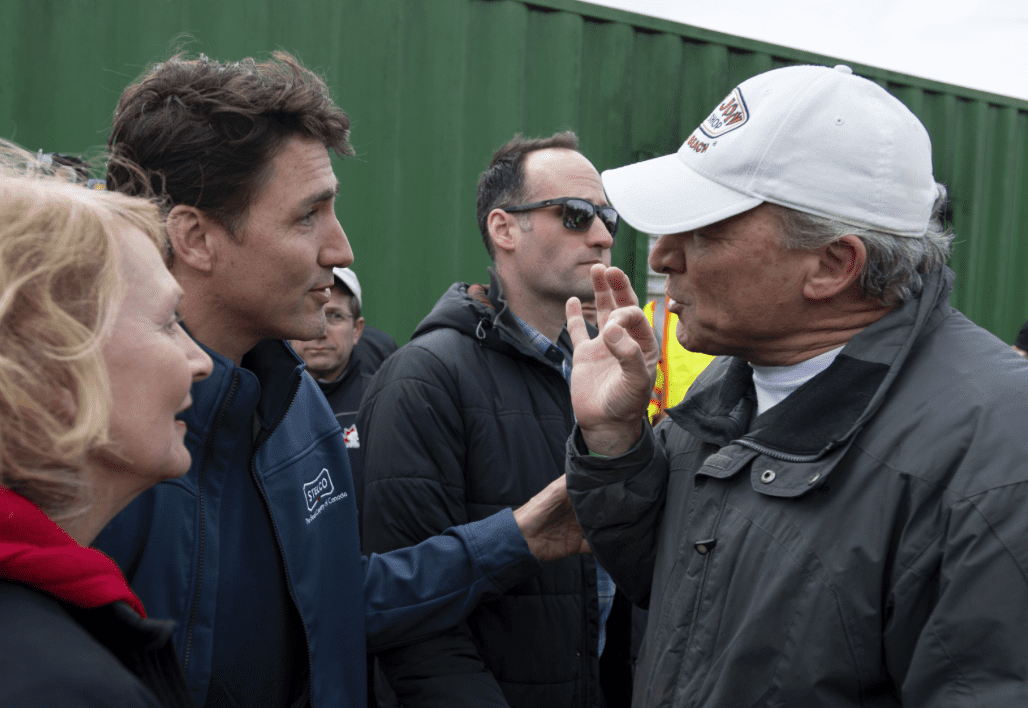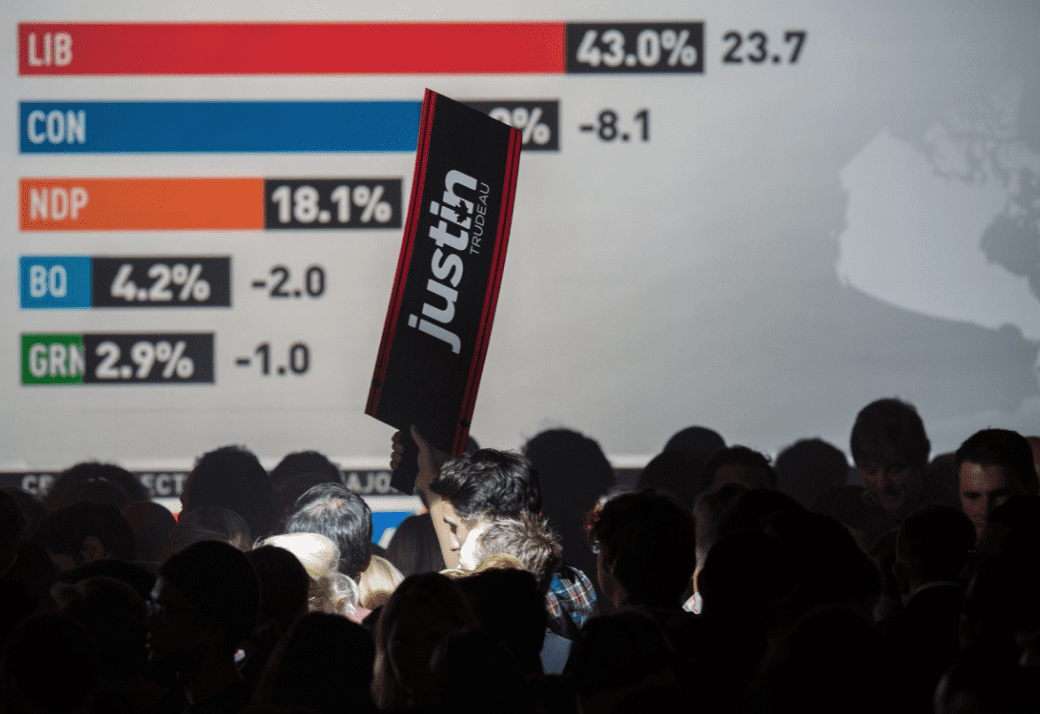Jason Kenney is a complex character, so it should be no surprise that his government is so quickly shaping up to be filled with contradictions.
The first United Conservative Party cabinet, unveiled on Tuesday, is surprisingly large, despite Kenney's promise to trim government. One of the new portfolios is an associate minister for red tape reduction. Clocking in with 20 ministers and three associate ministers, the cabinet far outweighs the heft of Rachel Notley's lean 12-member NDP cabinet in 2015.
There are the expected heavyweight economic and jobs-oriented portfolios such as energy, economic development, infrastructure, agriculture and forestry and an associate minister of natural gas.
But there is also a surprising number of social and community oriented positions including separate ministers for community and social services; seniors and housing; and children's services.
There is a minister of culture, multiculturalism and status of women as well as a minister of indigenous relations.
Remember that Jason Kenney campaigned on promising to focus on jobs, the economy and pipelines. He often bobbed and weaved on questions around social issues, but if the weighting of the cabinet is any indication this government is planning to wade into those files.
Kenney is also making it clear that he will keep his troops in order in the legislature with a house leader and an unusual three deputy house leaders, all of them also carrying top jobs in the cabinet. The premier may be planning to be out of the province taking Alberta's fight to the doorstep of foes across Canada and wants to make sure the governing apparatus continues without a hitch in his absence.
Kenney's choice of at least two of the members of this cabinet signal he is not afraid to challenge his critics and is prepared for a battle on some issues.
Jason Nixon, MLA for Rimbey-Rocky Mountain House-Sundre, has been named environment and parks minister. Nixon, first elected in 2015 under the Wildrose Party banner, waged an aggressive campaign against the NDP government's plan to create Bighorn Country, a huge network of parks and conservation areas in central west Alberta.
Nixon contended the consultation process the NDP instituted was too quick and secretive and didn't take into account stakeholders including resource industries in the area.
The province's new education minister is also bound to be a controversial choice. The hottest education topic in the past five years has been gay-straight alliances (GSAs) in the province's schools. The Alberta Catholic School Trustees' Association raised objections to NDP legislation prohibiting teachers from "outing" kids who join the LGBQT support groups to their parents, saying it could erode the autonomy of school boards and officials.
Alberta's new education minister, Adriana LaGrange, was president of the Alberta School Trustees Association at the time. She now will helm the promised UCP rollback of that prohibition. There will, no doubt, be plenty of strife in the province over the entire issue.
That said, Kenney has made many appointments which reflect the real-world business smarts of his caucus and fit in with conventional political imperatives.
The new energy minister is Sonya Savage, MLA for Calgary-North West, a lawyer with experience in the pipeline industry, including as senior director of policy and regulatory affairs for the Canadian Energy Pipeline Association.
Calgary-Elbow MLA Doug Schweitzer will serve in the key solicitor general and justice role. Schweitzer ran against Kenney and former Wildrose Leader Brian Jean for the leadership of the UCP and is considered a moderate in the party.
Kenney was faced with a geographic problem in composing the cabinet. He chose to pick 13 of his ministers from his Calgary stronghold. But he also gave a major portfolio, the municipal affairs ministry, to the party's sole Edmonton MLA, Kaycee Madu.
The cabinet in general is quite young, with an average age of 43, and relatively politically inexperienced thanks to the upheaval of reconfiguring the conservative parties in Alberta and the four years in opposition wilderness while the NDP held government.
But the UCP agenda will not allow much time for lolly-gagging around having team-building retreats. Kenney has already presided over his first cabinet meeting and the whole UCP team heads into its first legislature session as government on May 21.
Photo Credit: CBC News










